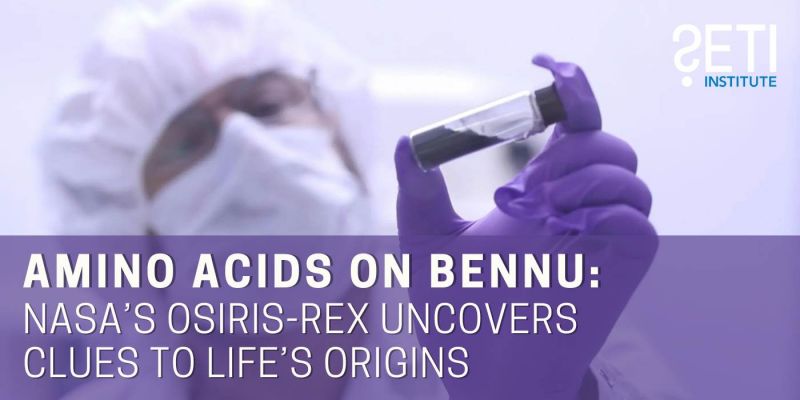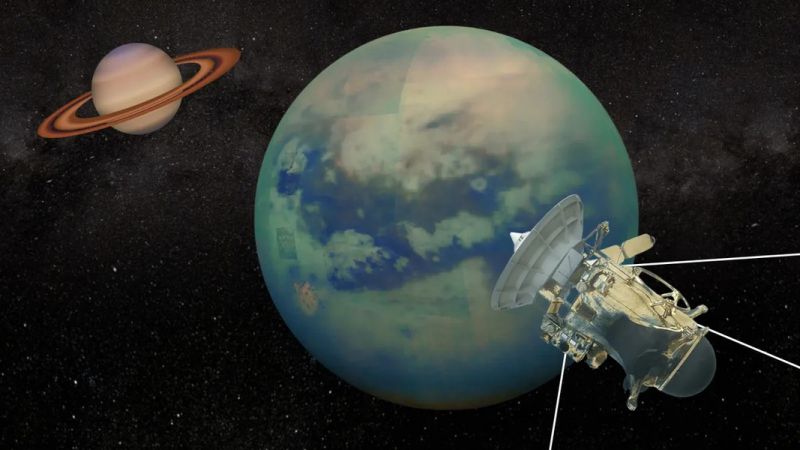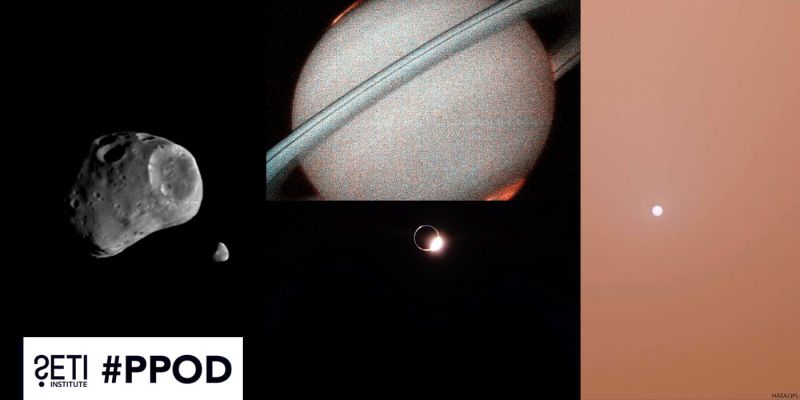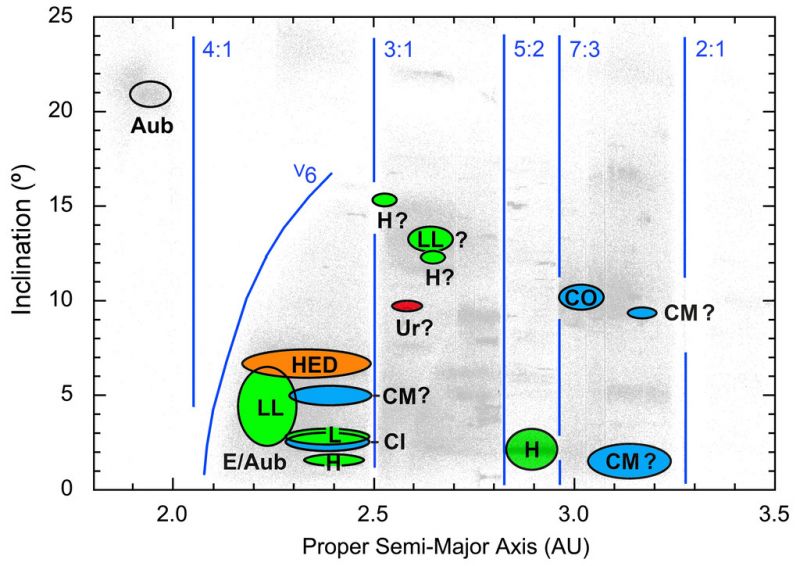New outreach program releases Street View imagery (a Google Earth guided tour highlighting the Mars-like geology of Devon Island,) documentary and Street View highlights

25 March 2019. Mountain View, CA. The Mars Institute and the SETI Institute are announcing a new partnership between Google and the NASA Haughton-Mars Project (HMP) to advance Mars exploration at one of the most otherworldly places on Earth: Devon Island, in the High Arctic. The announcement is accompanied by the release of new Street View imagery; a Google Earth guided tour highlighting the Mars-like geology of Devon Island; and a documentary short captured at HMP on the Google Pixel 3.
“We are excited about this new partnership with Google on the Haughton-Mars Project and about the data products being released. They allow us to share with the world some of the Mars-like wonders of the site and the fieldwork that we do” says Dr. Pascal Lee, planetary scientist with the Mars Institute and the SETI Institute, and director of the NASA HMP at NASA Ames Research Center. “
The NASA Haughton-Mars Project is a leading international Mars analog field research project centered on the Haughton meteorite impact crater site and surrounding terrain on Devon Island, Nunavut, Canada. As one of the most Mars-like places on Earth, the site is often referred to as Mars On Earth. Over its twenty-two years of history, the NASA HMP has made many contributions to the advancement of Mars science and exploration through field studies at the site.
In August 2018, a team from Google participated in the HMP’s 2018 summer field campaign as a new Education and Public Outreach partner on the project. The main objective for Google at HMP-2018 was to collect Street View imagery to allow Google Earth and Google Maps users to visit Devon Island virtually, and to create a Google Earth guided tour illustrating, via factual narrative, how Devon Island is so similar to Mars. In addition, a 10-minute documentary titled “Mars On Earth: A Visit to Devon Island” was produced. The video, shot entirely in HD using Google’s latest Pixel 3 smartphone, shows a sampling of the research activities carried out at the HMP over a 10-day period.
“We were very humbled by the opportunity to get a glimpse into the work planetary scientists are doing on Devon Island. Now we are thrilled to share the results of our time on the world’s largest uninhabited island with Google users,” says Katja Minitsenka, who is leading this effort within Google.
The Google documentary short takes viewers to the breathtaking “magnificent desolation” of Devon Island, and invites them to share in daily life at the Haughton-Mars Project Research Station (HMPRS), the project’s base camp. The HMPRS is currently the largest privately operated polar research station in the world, and the leading field research facility dedicated to the advancement of planetary science and exploration.
The video also captures some of the research being conducted at HMP during the 2018 field season, including flight tests and science application studies of NASA’s Mars Electric Reusable Flyer or MERF, an experimental aircraft for Mars exploration currently under development at NASA Langley Research Center in Hampton, VA.
“This new partnership between Google and the NASA Haughton-Mars Project, one of many groundbreaking research projects at the SETI Institute, is a beautiful example of how private industry and non-profits can come together to advance science, exploration, education, and public outreach,” says Bill Diamond, President and CEO of the SETI Institute. “Stay tuned for more in the near future.”
Google Documentary
Mars On Earth: A Visit to Devon Island
https://youtu.be/xzyOdH6OlV0
Google Earth Guided Tour
Mars on Earth
https://g.co/earth/devonisland
Google Street View highlights
Link 1: Astronaut Canyon
Link 2: Haughton Crater at View Hill
Link 3: Haughton-Mars Project Base Camp
Link 4: Von Braun Planitia: An Ancient Lake Bed
Link 5: Haughton Crater at Breccia Cliffs
Download the pdf at https://en.calameo.com/read/004812363a6e5f4e4af92
About Mars Institute
The Mars Institute is a non-profit research organization dedicated to the advancement of Mars science, exploration, and the public understanding of Mars. Research at the Mars Institute focuses Mars and other planetary destinations that may serve as stepping stones to Mars, in particular Mars’ moons, our Moon, and near-Earth objects. The Mars Institute investigates the technologies and strategies that will enable and optimize the future human exploration of Mars. The Mars Institute operates the Haughton-Mars Project Research Station on Devon Island, High Arctic, currently the largest privately operated polar research station in the world and the leading field research facility dedicated to planetary science and exploration.
About the SETI Institute
Founded in 1984, the SETI Institute is a non-profit, multi-disciplinary research and education organization whose mission is to lead humanity’s quest to understand the origins and prevalence of life and intelligence in the Universe and to share that knowledge with the world. Our research encompasses the physical and biological sciences and leverages expertise in data analytics, machine learning and advanced signal detection technologies. The SETI Institute is a distinguished research partner for industry, academia and government agencies, including NASA and NSF.
Contact information
Dr Pascal Lee
Director, NASA Haughton-Mars Project
NASA Ames Research Center
MS 245-3
Moffett Field, CA 94035-1000
USA
pascal.lee@marsinstitute.net
Rebecca McDonald
Director of Communications
SETI Institute
rmcdonald@seti.org
Tel: 650-960-4526





